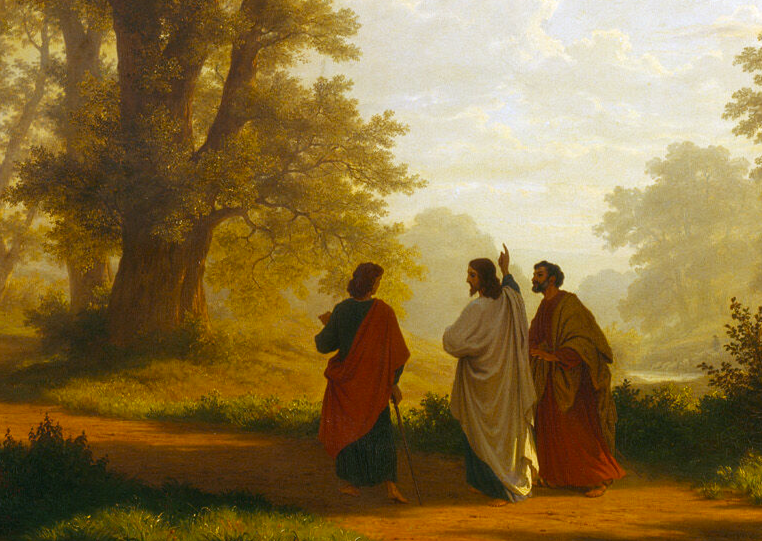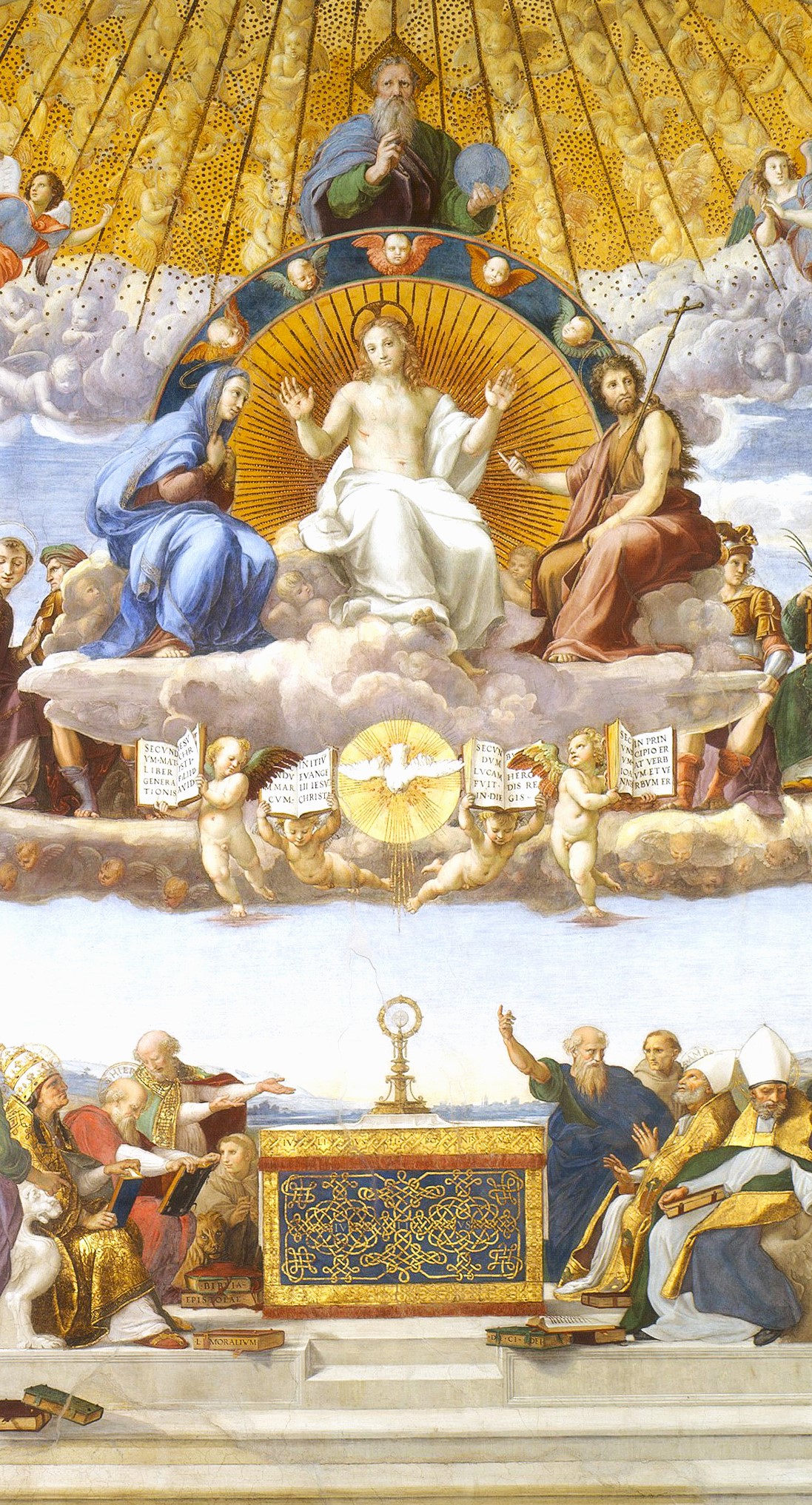Translation of the Gospel According to John
At that time Jesus saith to His disciples: Amen, amen, I say to you: if you ask the Father any thing in My name, He will give it to you. Hitherto you have not asked any thing in my name: Ask, and you shall receive, that your joy may be full. These things I have spoken to you in proverbs. The hour cometh when I will no more speak to you in proverbs, but I will show you plainly of the Father. In that day you shall ask in My name; and I say not to you that I will ask the Father for you: for the Father Himself loveth you, because you have loved Me and have believed that I came out from God. I came forth from the Father and am come into the world; again I leave the world and I go to the Father. His disciples say to Him: Behold, now Thou speakest plainly and speakest no proverb. Now we know that Thou knowest all things and Thou needest not that any man should ask of Thee: by this we believe that Thou camest forth from God.
A Message From Saint Augustine’s Homilies on the Gospel of John, Tract CII
For the Father Himself, He says, loveth you, because ye have loved me. Is it the case, then, that He loveth, because we love; or rather, that we love, because He loveth? Let this same evangelist give us the answer out of his own epistle: We love Him, he says, because He first loved us. This, then, was the efficient cause of our loving, that we were loved. And certainly to love God is the gift of God. He it was that gave the grace to love Him, who loved while still unloved. Even when displeasing Him we were loved, that there might be that in us whereby we should become pleasing in His sight. For we could not love the Son unless we loved the Father also. The Father loveth us, because we love the Son; seeing it is of the Father and Son we have received [the power] to love both the Father and the Son: for love is shed abroad in our hearts by the Spirit of both, by which Spirit we love both the Father and the Son, and whom we love along with the Father and the Son. God, therefore, it was that wrought this religious love of ours whereby we worship God; and He saw that it is good, and on that account He Himself loved that which He had made. But He would not have wrought in us something He could love, were it not that He loved ourselves before He wrought it.
And ye have believed, He adds, that I came out from God. I came forth from the Father, and am come into the world: again I leave the world, and go to the Father. Clearly we have believed. For surely it ought not to be accounted a thing incredible because of this, that in coming to the world He came forth in such a sense from the Father that He did not leave the Father behind; and that, on leaving the world, He goes to the Father in such a sense that He does not actually forsake the world. For He came forth from the Father because He is of the Father; and He came into the world, in showing to the world His bodily form, which He had received of the Virgin. He left the world by a bodily withdrawal, He proceeded to the Father by His ascension as man, but He forsook not the world in the ruling activity of His presence.


